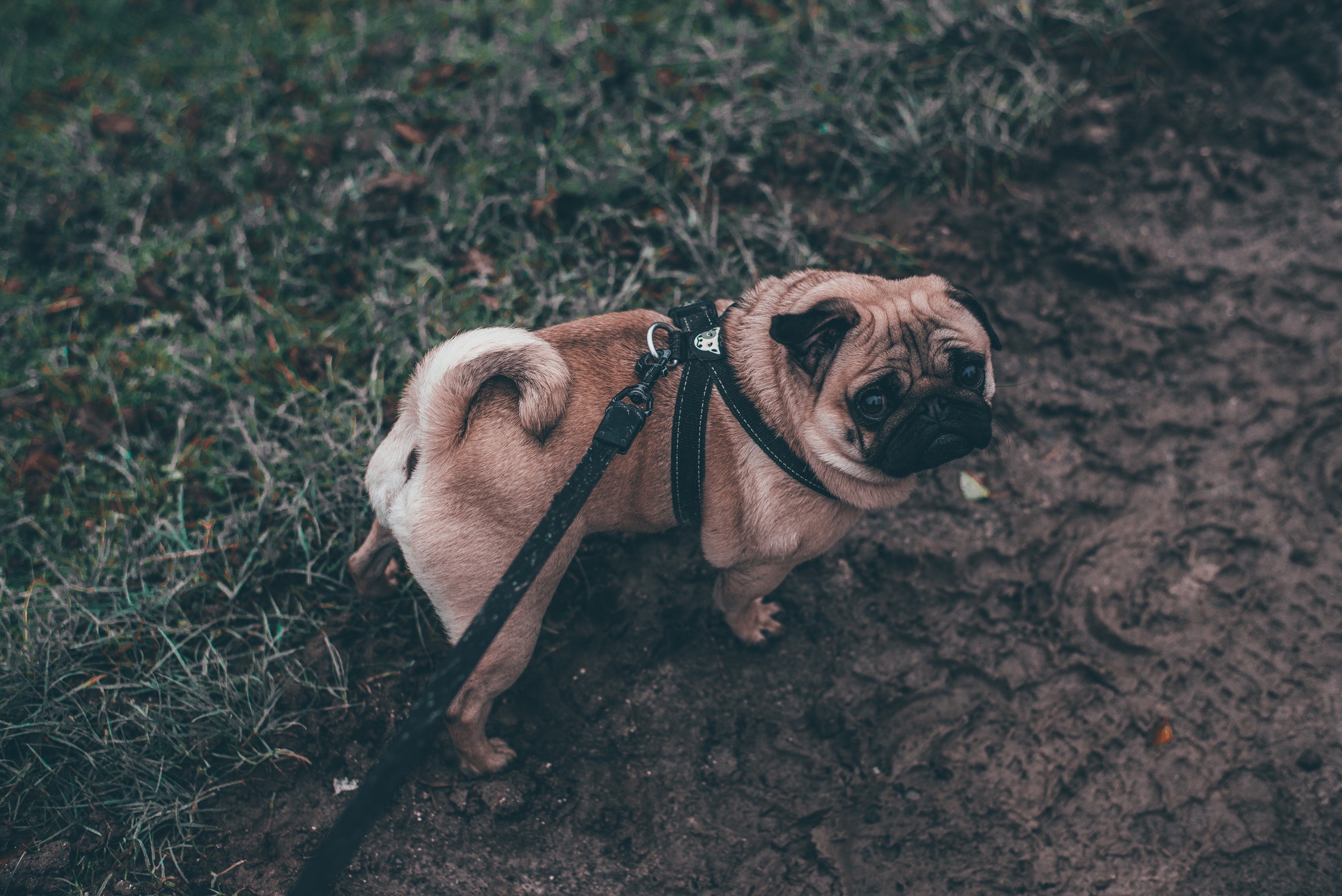1. Provide your dog with healthy food. Get recommendations from your vet or breeder as to which foods work best for your dog’s breed. The type and amount will vary according to your pet’s age, weight, and activity level, so be sure to consult the packaging for the correct serving sizes.
2. Make sure your dog always has access to water. Hydration is critical for your dog’s nutrition, digestion, and joint health. It’s also critical for the regulation of their body temperature. Your dog should always have a dish of fresh, clean water available, even at night.
3. Clean your dog’s teeth. Regularly brush your dog’s teeth and give them canine dental products, like hard biscuits and dental chews to improve their oral hygiene. Toys that allow them to chew, like rope or nylon bones, will also help keep their teeth clean and gums healthy.
4. Keep your dog at a healthy weight. It’s your job to monitor your pet’s food intake and feed them an appropriate amount for their size and ideal weight. While it may seem cruel to deny your dog the food that they’re begging for, letting your dog get obese is more cruel since it compromises their health and well-being.
5. Avoid giving your dog “people food” or medicine. Canines have very different nutritional needs than humans, so stick to feeding them dog food to ensure they’re getting a healthy and well-balanced diet. They also have different medical needs, so never assume that the remedies that work for us will work for them.

